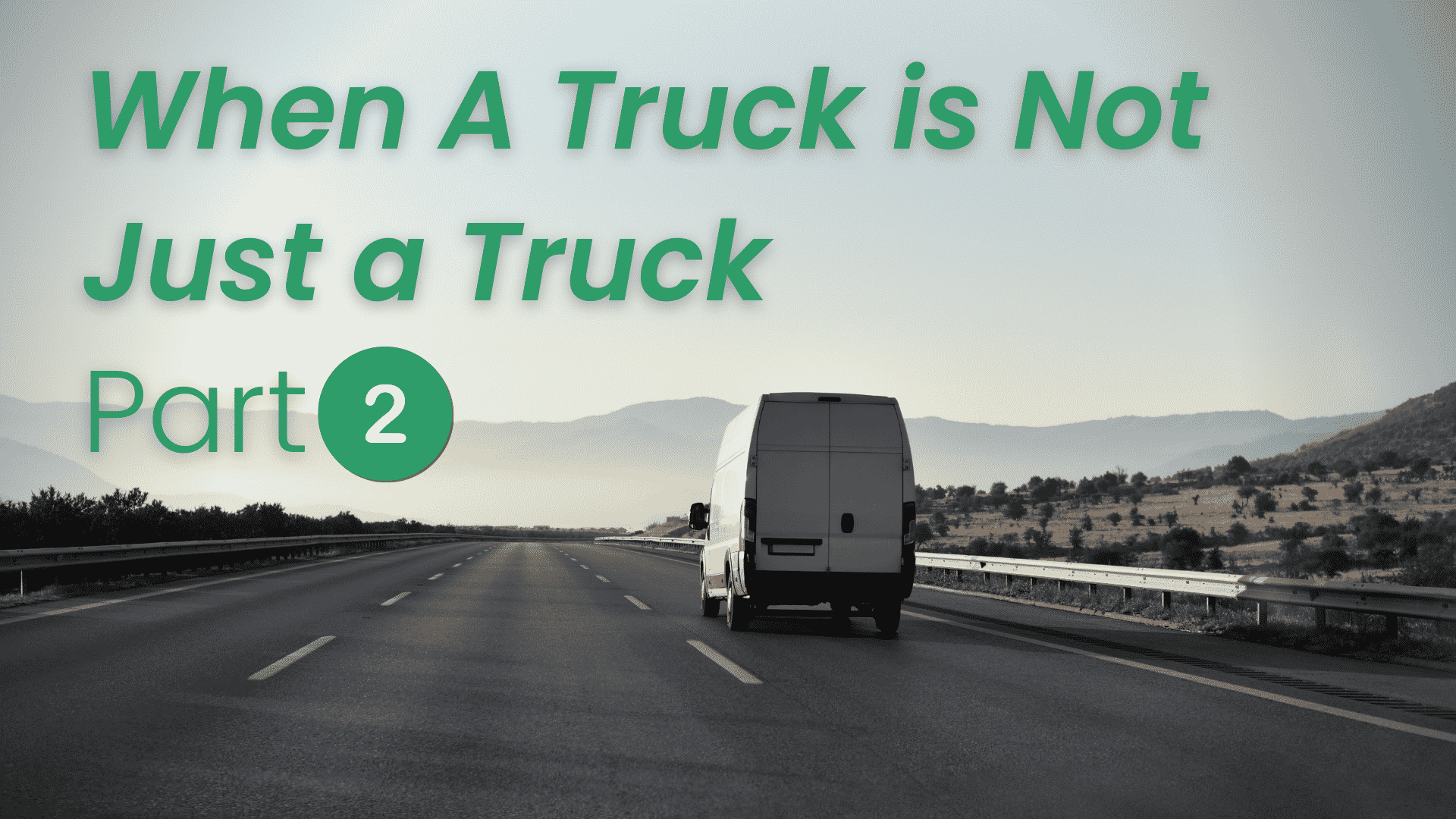In part one of this series, we discussed the common misconception that for a vehicle to be considered a commercial motor vehicle, it has to be an 18-wheeler. In reality, numerous different types and classifications of vehicles are considered commercial motor vehicles – and hiring an attorney who fails to understand the impact that this can have on your motor vehicle accident can be devastating.
What are the different rules and regulations that apply to the truck that caused my motor vehicle accident?
Depending on the type and size of the vehicle that caused your accident, the vehicle and its driver can be subject to various state and federal regulations. All too often, owners and operators of commercial motor vehicles do not comply with these rules and regulations, leading to tragic results. Companies frequently think that the rules and regulations do not apply to them because the vehicles in their fleet may not require a commercial driver’s license to operate. This is not true. As discussed in part one of this series, vehicles over 26,001 pounds require a CDL to operate, but that does not mean that a vehicle over 10,001 pounds is not a commercial motor vehicle even though a CDL is not required.
Any company that operates a commercial motor vehicle must register with state and/or federal trucking authorities and agree to follow all applicable rules and regulations. This means that any company which operates commercial motor vehicles, regardless of size, must:
- Adequately screen and qualify their drivers;
- Adequately train their drivers on all rules and regulations;
- Monitor their drivers and vehicles to ensure that all rules and regulations are followed;
- Keep accurate records of their driver’s activity and hours worked; and
- Follow various other rules and regulations related to the safe operation and maintenance of their vehicles.
With only a few exceptions, most Federal Motor Carrier Safety Regulations apply to commercial motor vehicles that do not require a CDL to operate.
Why are these rules and regulations critical to my truck accident case?
Crashes involving commercial motor vehicles can have serious, life-altering effects on those involved. The sheer weight and size of a commercial motor vehicle means that they are harder to maneuver, harder to stop, and cause a great deal of damage when they collide with another vehicle. The Federal Motor Carrier Safety Regulations were put in place to protect the other drivers on the road from the harm that these vehicles could cause if not operated in a safe manner. Unfortunately, companies that do not operate vehicles over 26,001 pounds and do not employ drivers with commercial driver’s licenses regularly disregard the FMCSR or their state equivalent and put drivers on the road who are not qualified, undertrained, or overworked. Suppose a driver is not adequately trained in operating a commercial motor vehicle. In that case, they may not understand critical things such as the increased stopping distance, the difficulties associated with changing lanes, or the blind spots of the vehicle. If a driver is overworked, meaning they exceeded the hours of service allowed for a driver of a commercial motor vehicle, it can lead to a dangerously fatigued driver being on the road.




